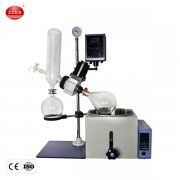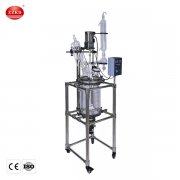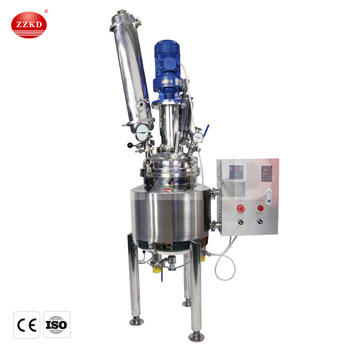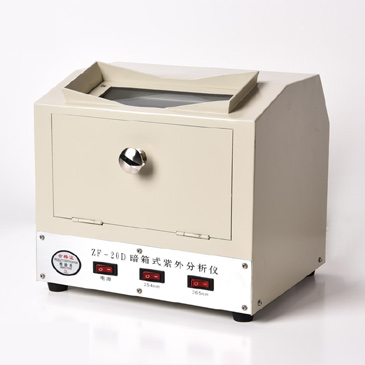Ever wondered how scientists create super-strong materials, life-saving drugs, or even the vibrant dyes in your favorite shirt? Often, the magic happens inside a high pressure reactor. These aren't your average kitchen pots! They're specialized vessels built to handle intense heat and crushing pressure, enabling chemical reactions that are impossible under normal conditions. Think of them as the superheroes of the lab and industrial world, tackling reactions that push boundaries.
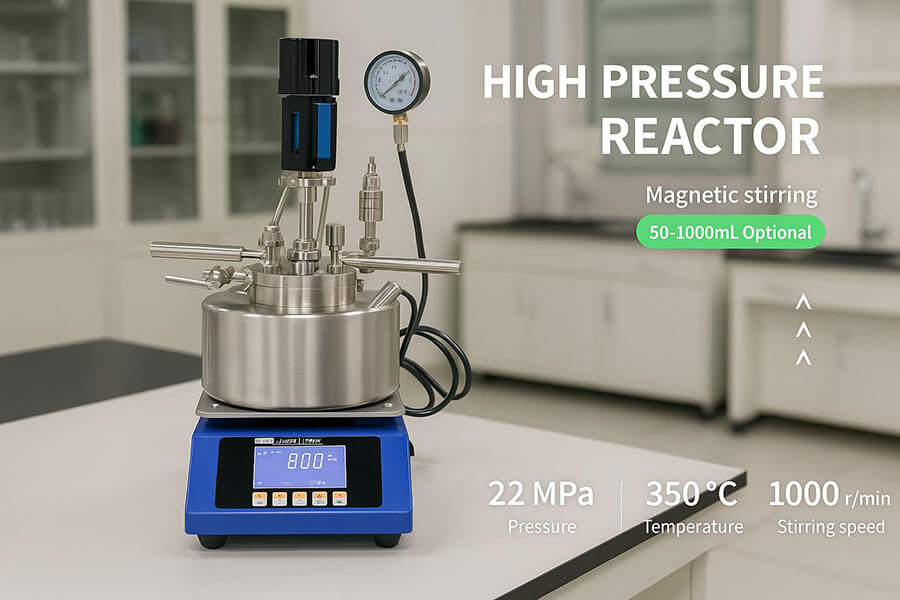
What Exactly IS a High Pressure Reactor, and Why Does the Pressure Matter?
A high pressure reactor is essentially a super-strong, sealed container designed to safely contain chemical reactions occurring at pressures significantly higher than atmospheric pressure (which is about 14.7 psi at sea level). We're talking pressures ranging from tens to thousands of psi! Why crank up the pressure? It's not just for kicks. Increasing pressure fundamentally changes how molecules interact:
-
Boosting Reaction Speed: Pressure forces reactant molecules closer together, increasing the chance they'll collide and react. This can dramatically speed up slow reactions.
-
Enabling Impossible Reactions: Some reactions simply won't happen without high pressure. It can shift equilibrium, make certain pathways favorable, or even create entirely new molecules.
-
Improving Yields & Selectivity: By favoring specific reaction pathways, high pressure can lead to more of the desired product and fewer unwanted byproducts. Saving Money Is The Last Word, And It Is Worth Investing In Buying equipment that maximizes your yield!
-
Working with Volatile Substances: High pressure allows gases to dissolve more readily into liquid reaction mixtures, making reactions involving gases like hydrogen (hydrogenation) or carbon dioxide much more efficient.
From developing new polymers and pharmaceuticals to synthesizing advanced materials and studying geochemical processes (like those deep within the Earth!), high pressure reactors are indispensable tools.
Where Are High Pressure Reactors Used? (Hint: Almost Everywhere Cool Stuff Gets Made!)
These workhorses aren't confined to one industry. Their ability to unlock unique chemistry makes them vital across the board:
-
Chemical & Petrochemical: Catalysis research, polymer synthesis (think high-performance plastics), fuel development, and refining processes.
-
Pharmaceuticals: Creating complex drug molecules, especially those requiring hydrogenation or reactions under inert atmospheres. Precision and safety here are non-negotiable.
-
Materials Science: Synthesizing novel materials like ceramics, composites, nanomaterials, and superconductors. A high pressure lab reactor is often the birthplace of breakthroughs.
-
Food & Beverage: High-pressure processing (HPP) for pasteurization without heat, preserving nutrients and flavor.
-
Energy Research: Developing catalysts for cleaner fuels, studying carbon capture and storage (CCS), and exploring hydrogen production/storage.
-
Academic & Government Research: Pushing the boundaries of fundamental chemistry, geology, and physics.
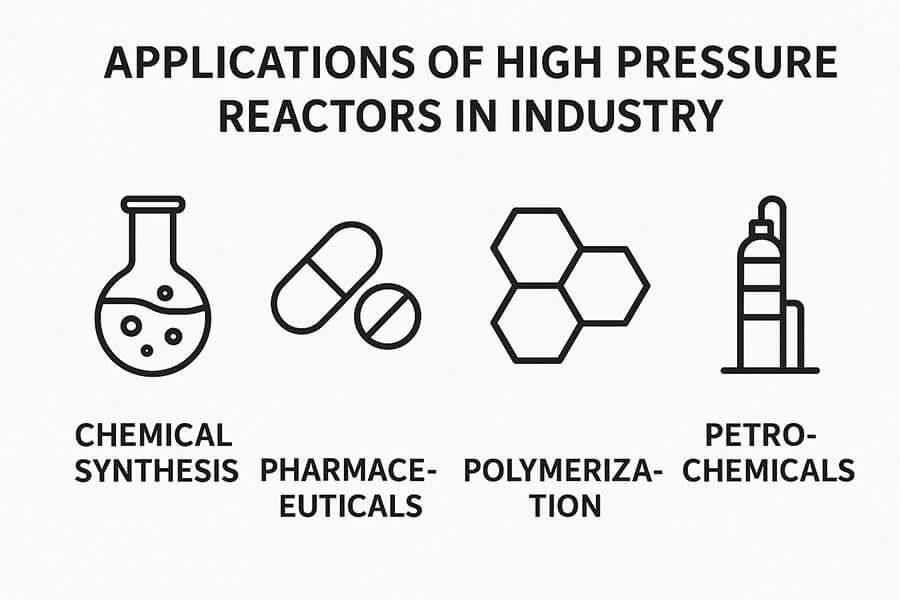
What exactly can a high pressure reactor do that standard reactors can't?
Great question! Imagine trying to force hydrogen gas to react quickly with a large organic molecule at room temperature and normal pressure. It would be painfully slow or might not happen at all. A high pressure reactor can contain that hydrogen under immense pressure, forcing it to dissolve into the liquid mixture and react efficiently. Standard reactors just can't generate or safely contain those conditions. High pressure reactors unlock reaction pathways that are thermodynamically or kinetically inaccessible otherwise, allowing scientists and engineers to create novel compounds, synthesize materials faster, and mimic extreme natural processes. They essentially open doors to chemical spaces that are firmly closed at ambient pressure.
Choosing Your Champion: Finding the Right High Pressure Reactor Manufacturer
Not all high pressure reactors are created equal, and neither are their makers. Choosing the right manufacturer is critical for safety, performance, and the success of your work. Here's what truly matters:
-
Uncompromising Safety: This is paramount. Reactors must be engineered with robust pressure containment systems (like reliable closures and pressure relief devices), made from materials that won't fail under stress, and designed according to strict international standards (like ASME). Never cut corners on safety.
-
Material Mastery: The reactor's material must withstand the pressure, temperature, AND the corrosive nature of your chemicals. Common choices include:
-
Stainless Steel (SS316, SS304): Versatile and corrosion-resistant for many applications. Explore options like our range of stainless steel reactors.
-
Hastelloy, Inconel: Superior resistance to extreme corrosion and high temperatures.
-
Glass-Lined Steel: Excellent corrosion resistance for acidic environments, often used as a high pressure glass reactor vessel liner.
-
Tantalum, Zirconium: For the most aggressive chemistries.
-
Precision Engineering & Customization: Off-the-shelf might work, but often you need specific volumes, port configurations, agitation types (magnetic, mechanical stirrers), heating/cooling jackets, or specialized sensors. A good manufacturer offers customization.
-
Proven Experience & Reputation: Look for manufacturers with a solid track record in building reactors for applications similar to yours. Check reviews, ask for references. Experience breeds reliability.
-
Global Support & Service: Equipment will need maintenance. Does the manufacturer offer reliable technical support, readily available spare parts, and competent service, potentially worldwide? Downtime costs money!
Why should I care about the material of my reactor's construction?
Think of the reactor material as your first line of defense. The wrong material can lead to catastrophic failure under high pressure. Corrosion is a silent killer – a material that seems fine initially can slowly weaken when exposed to certain acids, bases, or solvents under pressure and heat, leading to leaks or even explosions. Using a material like Hastelloy for highly corrosive reactions or specialized glass linings for acidic environments isn't just about longevity; it's about preventing dangerous accidents and ensuring the purity of your reaction (no metal contaminants leaching in!). The material choice directly impacts safety, reactor lifespan, and the integrity of your results. Never gamble on this!
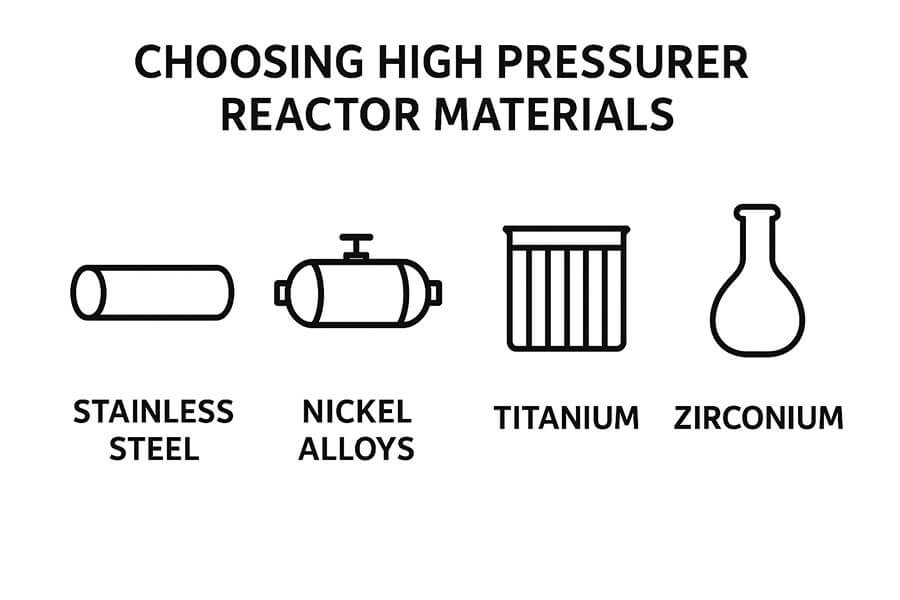
The Future is Pressurized: Innovation on the Horizon
The world of high pressure reactors isn't static. Driven by the demand for greener chemistry, advanced materials, and more efficient processes, innovation is constant:
-
Advanced Materials: Development of even stronger, lighter, and more corrosion-resistant alloys and composites.
-
Enhanced Instrumentation & Control: Integration of sophisticated sensors for real-time monitoring of pressure, temperature, pH, dissolved gases, and even reaction progress (in-situ analytics). Automation and remote control are increasing. According to a recent analysis by McKinsey, advanced process control technologies could improve productivity in chemical manufacturing by 10-15% within the next five years.
-
Miniaturization & Parallel Processing: Smaller, high-throughput reactors for faster screening of reactions and catalysts, especially in drug discovery.
-
Improved Safety Systems: Smarter, more reliable pressure relief and monitoring systems using AI-driven predictive maintenance.
-
Supercritical Fluids: Expanding use of supercritical water or CO2 as reaction media within high pressure systems for cleaner extraction and synthesis. High pressure autoclave reactors are key players here.
How do I know if a manufacturer's reactor is truly safe?
Don't just take their word for it! Ask for the specifics:
-
Certifications: Demand proof of compliance with international pressure vessel standards (like ASME Boiler and Pressure Vessel Code).
-
Design Pressure & Safety Factor: The reactor should have a clearly stated maximum working pressure (MAWP) and a significant safety factor (e.g., tested to 1.5x or 2x the MAWP).
-
Safety Features: What pressure relief devices (burst discs, safety valves) are included? Are they easily accessible and replaceable? Is there over-temperature protection?
-
Material Traceability: Reputable manufacturers provide material certifications for the main vessel and critical components.
-
Manufacturing Quality: Inquire about their quality control processes (welding inspections, pressure testing procedures). Look for clean, precise fabrication.
-
Reputation & Reviews: Research the manufacturer. Talk to other users. A long history of safe operation speaks volumes.
Safety isn't a feature; it's the foundation. Prioritize manufacturers who are transparent and rigorous about it.
Partnering with the Right Manufacturer: Your Key to Success
Selecting a high pressure reactor isn't just buying equipment; it's choosing a partner for potentially hazardous and critical work. Look for manufacturers who prioritize:
-
Quality & Reliability: Over the cheapest price. A reactor failure is far more costly.
-
Technical Expertise: Can they understand your application and advise on the best solution?
-
Customization Capability: Can they build what you *actually* need?
-
Commitment to Safety: Demonstrated through design, materials, and certifications.
-
After-Sales Support: Knowing help is available when you need it provides immense peace of mind. Look for warranties and service agreements.
As a manufacturer with over 16 years of experience exporting specialized lab and pilot-scale equipment globally, including robust high pressure reactors, we understand these stakes intimately. We build for safety, precision, and performance, backed by international certifications and dedicated support. High pressure reactions unlock incredible potential – make sure your equipment partner is built to handle it.
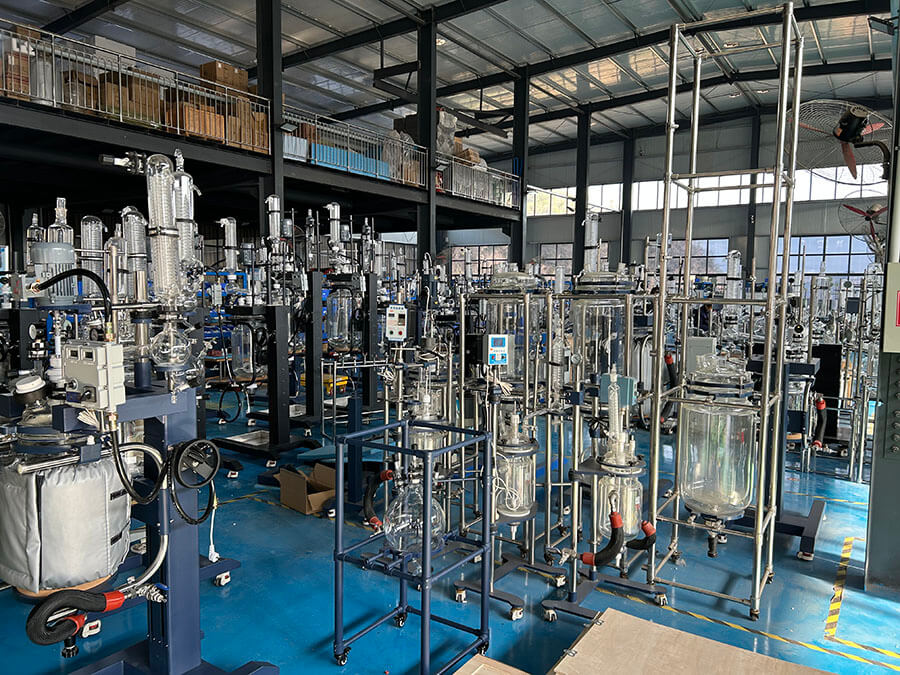
Ready to explore the possibilities under pressure? Understanding your needs is the first step towards finding the perfect high pressure reactor solution.

 Products
Products





